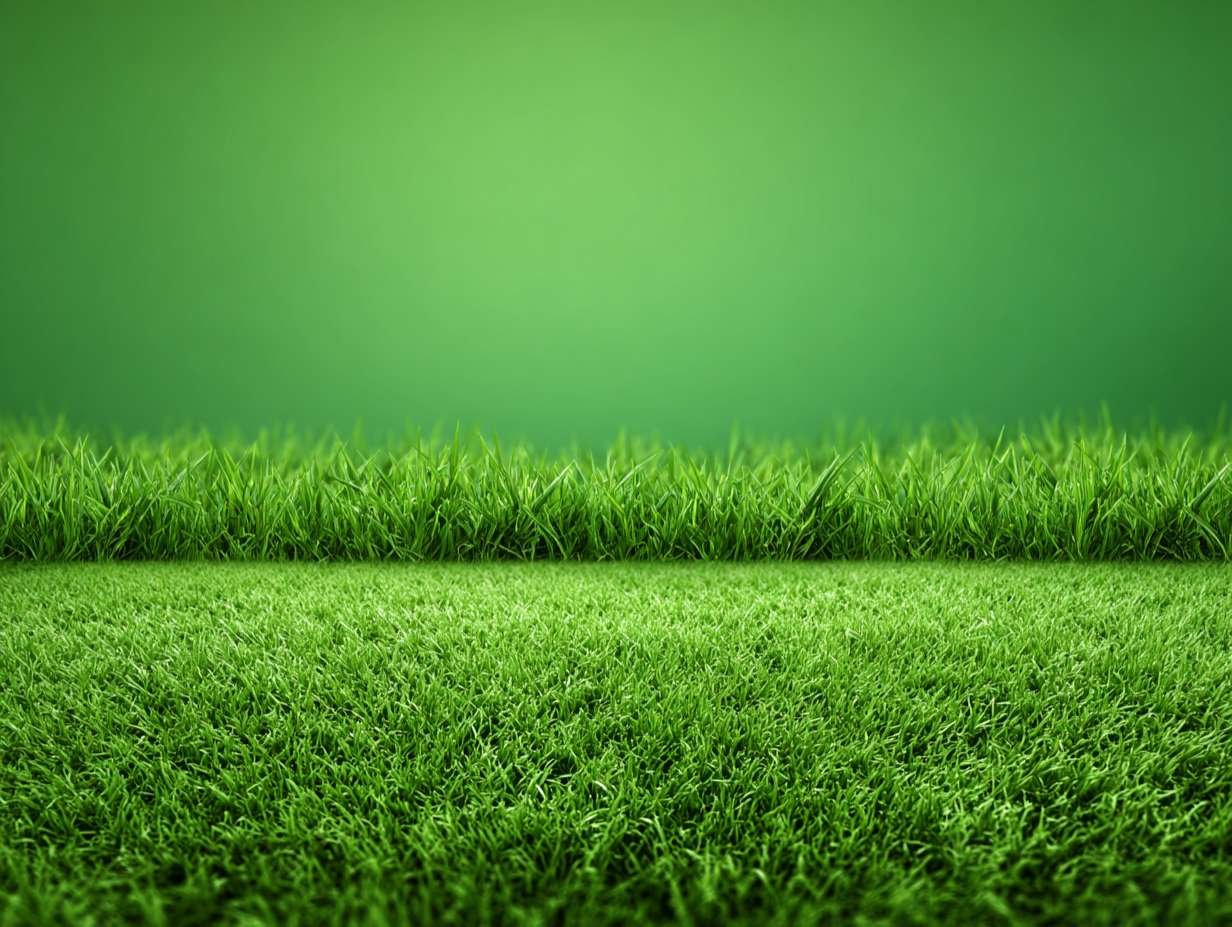
How to Get Rid of Spiders in the Garden
Learn gentle and effective ways to manage spiders in your garden while supporting a healthy, balanced outdoor ecosystem.
How to Get Rid of Spiders in the Garden
Spiders are often misunderstood creatures in the garden. While many people find them unsettling, spiders actually play a vital role in controlling pests by feeding on insects that could harm your plants. However, if their numbers grow too high or they build webs in unwanted places, you might want to manage their presence more carefully. Knowing how to reduce spider populations in your garden without harming the environment is key to maintaining a balanced outdoor space.
Understanding Garden Spiders
Most garden spiders are harmless to humans and prefer to stay hidden among plants, shrubs and garden structures. They are natural predators, helping keep the numbers of aphids, flies and other pests under control. The common garden orb-weaver builds characteristic circular webs between plants or fences, while other species prefer ground cover or leaf litter.
Practical Ways to Reduce Spiders
If you find spider webs in inconvenient spots or want to limit their presence, start with garden hygiene. Regularly clear away dead leaves, plant debris and clutter where spiders may nest or hide. Prune back overgrown shrubs and keep pathways and seating areas tidy to discourage web-building near your favourite outdoor spaces.
Reducing insect populations will also naturally lower spider numbers since their food supply diminishes. Avoid excessive use of insecticides that can disrupt the garden’s ecosystem and instead focus on natural pest control methods, such as attracting ladybirds or lacewings.
Natural Repellents
Certain natural substances can deter spiders without harming beneficial insects or wildlife. Spraying diluted vinegar or essential oils like peppermint, eucalyptus or tea tree around garden furniture, doorways and sheds may discourage spiders from settling. Always test sprays on a small area first to avoid damaging plants.
Physical Barriers and Traps
Installing fine mesh screens or netting over windows, vents or greenhouse openings can prevent spiders from entering enclosed garden areas. Sticky traps placed near outdoor lights or dark corners can catch wandering spiders but should be used sparingly to avoid trapping helpful insects.
Encouraging Predators
Birds, frogs and some insects such as wasps feed on spiders and contribute to natural control. Providing bird feeders, ponds or log piles creates habitats for these predators and promotes a balanced garden environment.
Seasonal Notes
Spiders are more visible in late summer and autumn when mature adults build larger webs and seek shelter for overwintering. Regular garden maintenance during these months can help keep their numbers manageable.
Final Thoughts
Rather than eradicating spiders entirely, aiming to keep their populations in check through good garden care and natural repellents ensures your outdoor space remains healthy and thriving. Embracing the helpful role spiders play can lead to fewer pests and a more balanced, enjoyable garden all year round.
